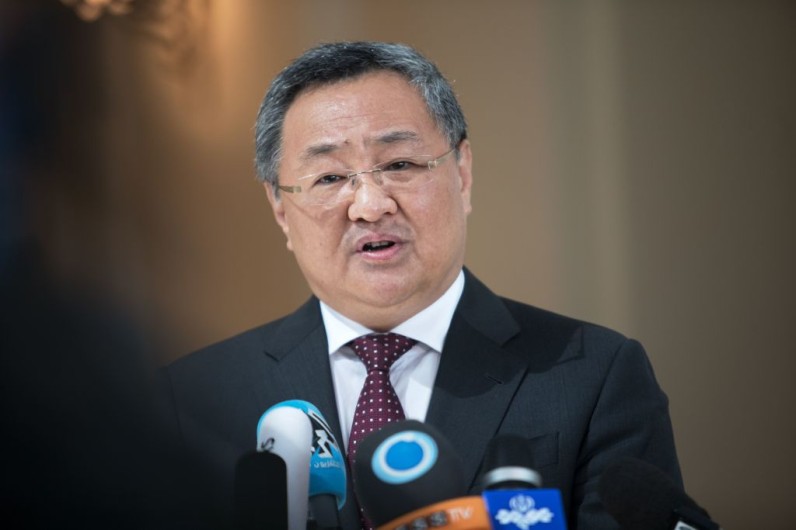
China's UN envoy expressed concerns about the US targeting specific investments in artificial intelligence in China, stating that such actions could hinder the "healthy development" of AI technology and create divisions in global governance.
"We are firmly opposed to these sanctions," expressed Chinese UN Ambassador Fu Cong during a press conference, according to Reuters.
China Criticizes US Regulation Over AI Investment
The statement came following the unanimous adoption of a resolution, drafted by China, that aims to enhance global collaboration in the development of AI capabilities.
Last month, the United States released draft regulations regarding the prohibition or mandatory reporting of specific investments in China's technology sectors, including artificial intelligence, which may pose a risk to US national security.
The UN resolution urges the global community to establish a business environment for artificial intelligence systems that is fair, open, inclusive, and free from discrimination throughout their entire life cycle.
According to Fu, the US actions are not conducive to creating an inclusive business environment. He strongly urged Washington to reconsider its decision.
The proposed rules were published by the US Treasury Department following an executive order signed by US President Joe Biden last August. This move is part of a larger effort to safeguard US expertise from aiding China in their pursuit of advanced technology and global market dominance.
UN Adopts China's Resolution
On Monday, July 1, the United Nations General Assembly unanimously adopted a resolution led by China, which calls for the international community to establish a business environment that is "free, open, inclusive, and non-discriminatory" for the development of artificial intelligence.
A non-binding resolution was co-sponsored by over 140 nations, including the United States. The resolution emphasizes the importance of equal opportunities for all nations in the non-military domain. It also calls for global cooperation to support developing countries that face unique challenges, ensuring that they are not left behind.
The US and China are currently engaged in a fierce competition to make progress in the cutting-edge areas of AI and semiconductors.
In March, new regulations were implemented that further restricted China's ability to acquire AI chips and chip-making tools manufactured in the US.
In October 2022, export controls were implemented to hinder Beijing's ability to use American technology for military modernization. They were revised a year later to address any potential loopholes.
In a move aimed at limiting Beijing's access to advanced technologies such as semiconductors, quantum computing, and AI, President Joe Biden issued an executive order in August 2023 that prohibits US individuals and companies from investing in certain sectors in China.
Last week, the US Treasury Department announced that they will be concentrating on identifying and addressing potential national security risks posed by the development of advanced military, intelligence, surveillance, or cyber-enabled capabilities, SCMP reported.







Join the Conversation